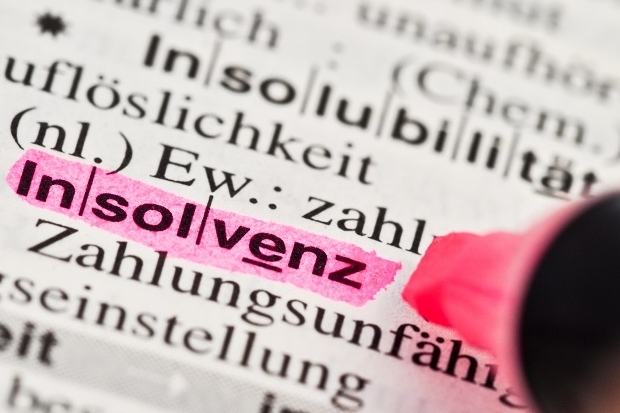The pawn shop Golending, which has long been criticized for its business model, has filed for bankruptcy. The move comes after court rulings that investors had obtained against the company.
In a message to customers and business partners available to the editorial team, Dirk Morina, the managing director of Wiener Golending GmbH living in Germany, informed that he filed for bankruptcy with the competent court on Wednesday (June 22). The case is not yet visible in the edict file. Morina did not respond to a comprehensive request from the editors in the previous week. Today he said only briefly that you have “no information about the further course of events”.
Golending grants pawn loans to small and medium-sized companies and to private individuals. Golending got the money for this mainly from the sale of qualified subordinated loans to investors. The products sold through intermediaries promised investors high returns – for example 7.5 percent annual fixed interest for a product currently visible on the website called “Go-Profit 2022” with a term until 2026. Corporate bonds were also sold to institutional investors.
High negative equity
The last balance sheet published in the company register as of December 31, 2020 shows a high negative equity of almost 16.6 million euros. At that point in time, there were liabilities totaling around EUR 28.7 million on the books, mostly with a remaining term of more than one year. According to the information, a good 25.5 million euros of these liabilities were due to investors in qualified subordinated loans alone.
In the meantime, the company emphasizes in its bankruptcy announcement that Golending has sufficient liquid funds and a valid loan-to-value ratio. Likewise, allegations of fraud and accounting falsification could be refuted. However, managing director Morina expects a flood of lawsuits after various court decisions. A “possible” number of new lawsuits would force Golending into insolvency “in the future”. Morina left unanswered the question of whether the company is currently insolvent or whether it could make the repayments that the Vienna Higher Regional Court (OLG) recently ordered.
Litigation relating to matured loans
Numerous injured parties had defended themselves in court against their losses at Golending in the past. The Graz law firm Likar alone claims to represent more than 100 victims. They complained because loans worth around ten million euros had expired, but Golending did not repay the money. After several first-instance judgments, the Higher Regional Court, as the court of appeal, decided in May that the expired loan and interest had to be repaid. In addition, the Higher Regional Court ruled that the subordination clause is non-transparent and therefore void. The ordinary appeal to the Supreme Court was not permitted.
In his statement on the insolvency, Managing Director Morina said that other judges had now approved an appeal. However, the company no longer has the time to do so. He also said they are pursuing lawsuits against people who reported Golending.
Problems with the Subordination Clause
According to the law firm Likar, Golending had refused to repay the loan with reference to the subordination clause. The company therefore argued that it could not service the expired loans because the amount would exceed liquidity. In addition, there should be no creditor preference. In fact, however, a “creditor preference” is only relevant in the event of insolvency, and Golending “contested this for years” according to a statement by the Likar law firm about the OLG ruling in May.
The bankruptcy of Golending is likely to put a number of consultants under pressure. The company states on its homepage “4,000 cooperation partners throughout Europe”. FONDS profi had warned in an analysis in 2017: “As a consultant, you have to ask yourself whether you trust Golending to reliably repay the investor’s capital. How this is supposed to work in practice can hardly be determined from the outside.” (eml)
–


